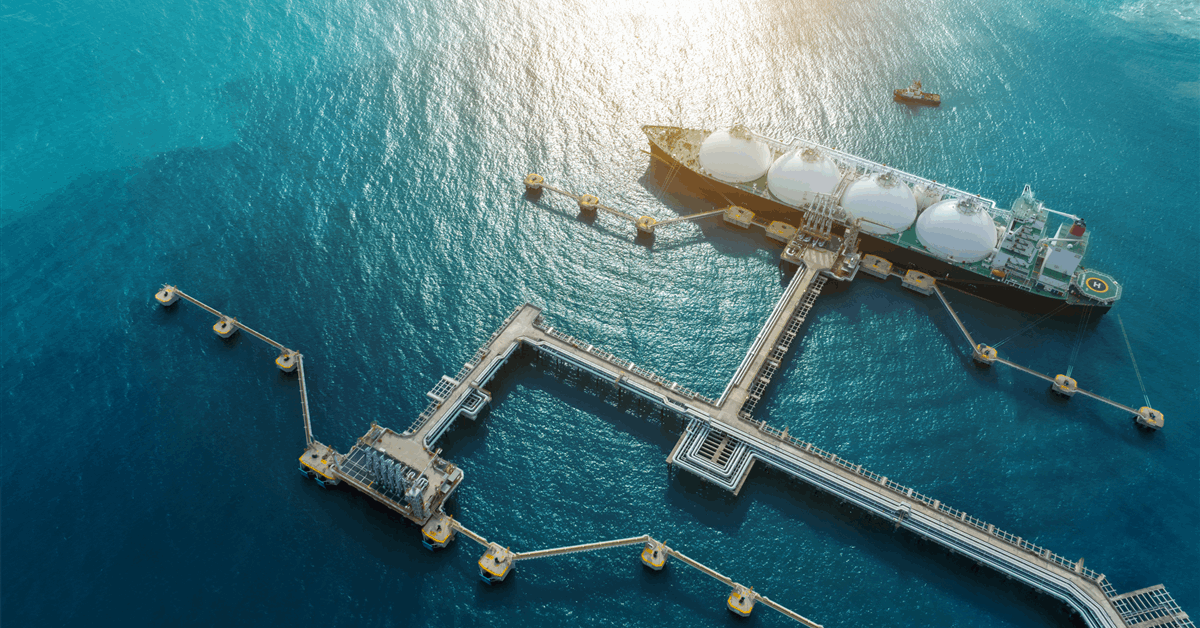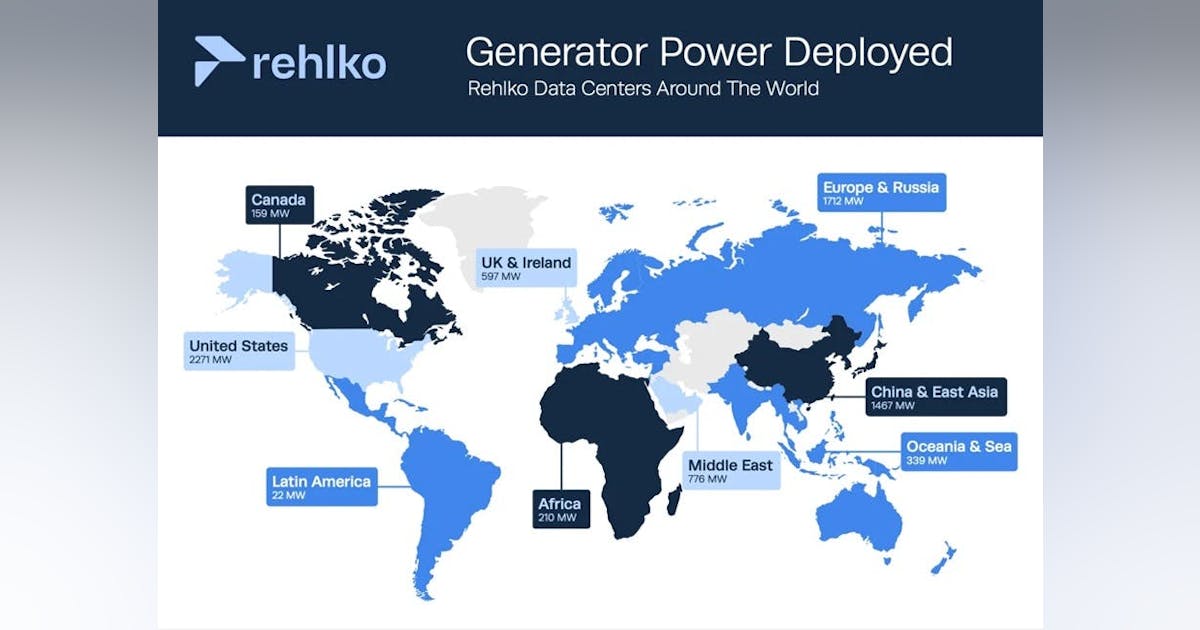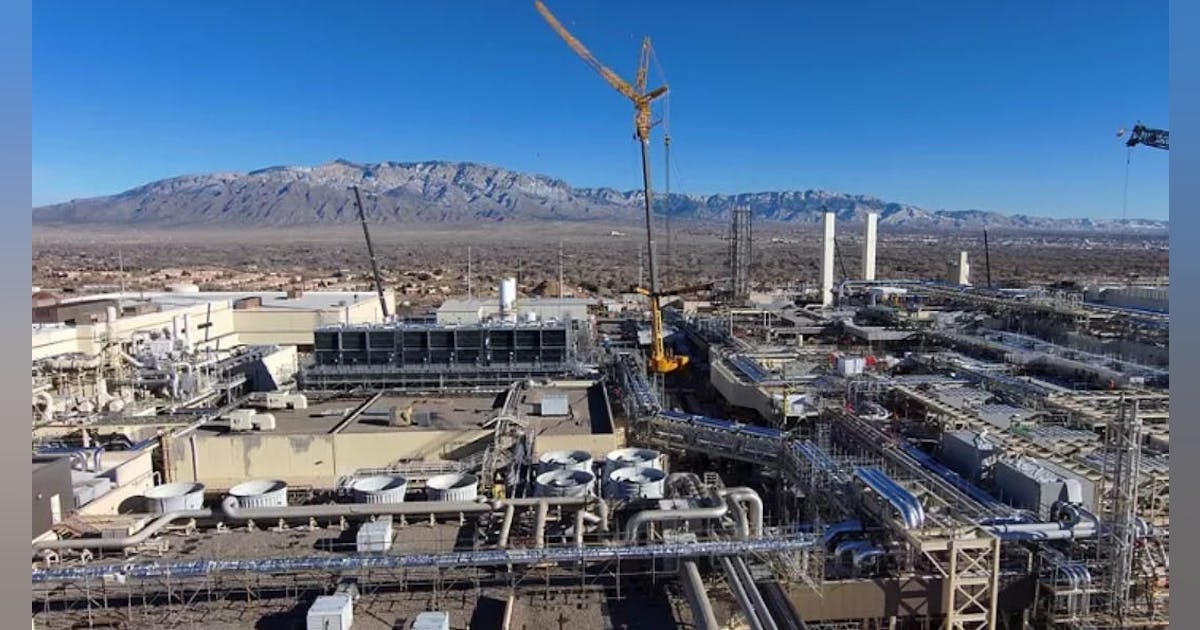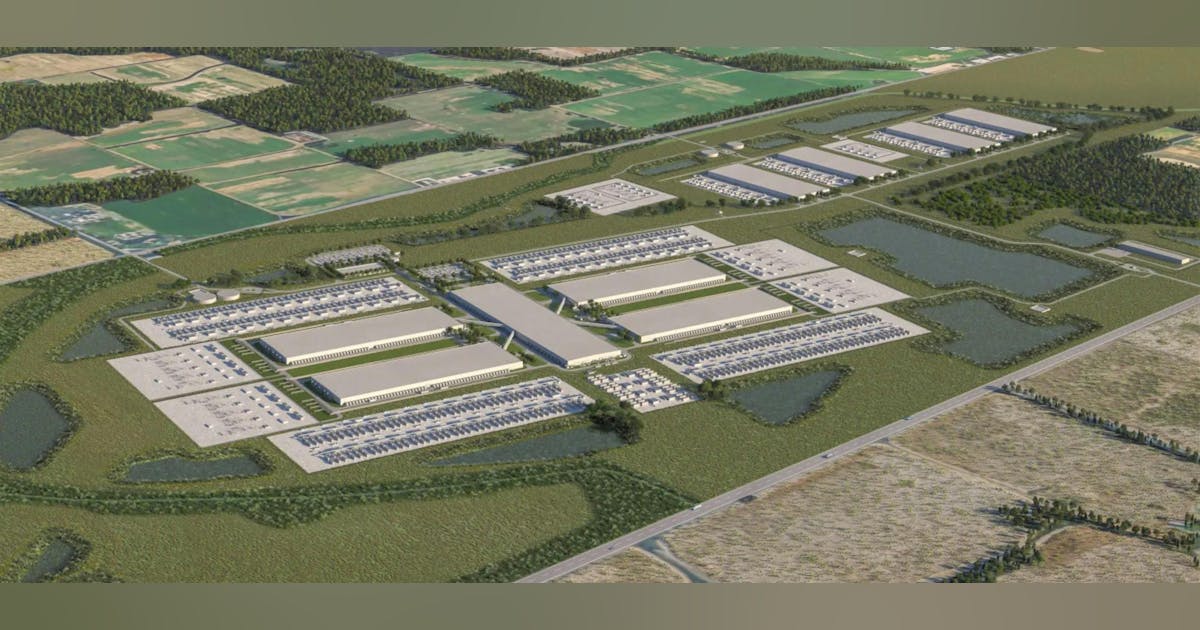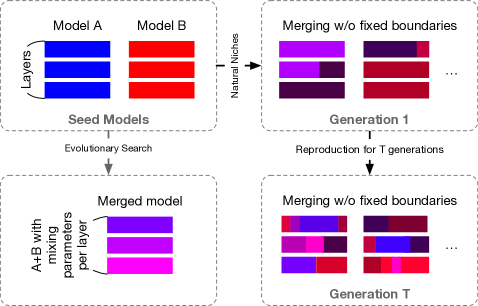UK energy secretary Ed Miliband says the government will soon launch a consultation with industry on Labour’s North Sea oil and gas licensing policy.
The government is also aiming to launch a prototype of the long-delayed offshore skills passport before the end of January, he said.
Appearing before a Westminster committee hearing today, Miliband said the offshore industry and government share “common ground” on the future role of oil and gas.
He also said the UK has a “heaven sent” opportunity to lead in carbon capture and storage (CCS) and said North Sea workers “will decarbonise Britain”.
Miliband said the Labour government is focused on delivering its clean power by 2030 target, aiming to “plan and build, not neglect and delay”.
He added that the British public “doesn’t want a culture war on climate”, in reference to a rising net zero scepticism amongst the Conservative and Reform UK parties.
North Sea licensing and just transition
Prior to the 2024 general election, Labour pledged in its manifesto to deliver “phased and responsible” transition in the North Sea.
As part of this, Labour said it will not revoke existing North Sea licences and will work with operators to “manage our existing fields for the entirety of their lifespan”.
The party pledged not to issue exploration licences for “new fields”, and said it will manage North Sea production “in a way that does not jeopardise jobs”.
Since taking office, Labour increased the windfall tax on oil and gas firms and removed associated investment allowances, but has stopped short of banning new North Sea drilling.
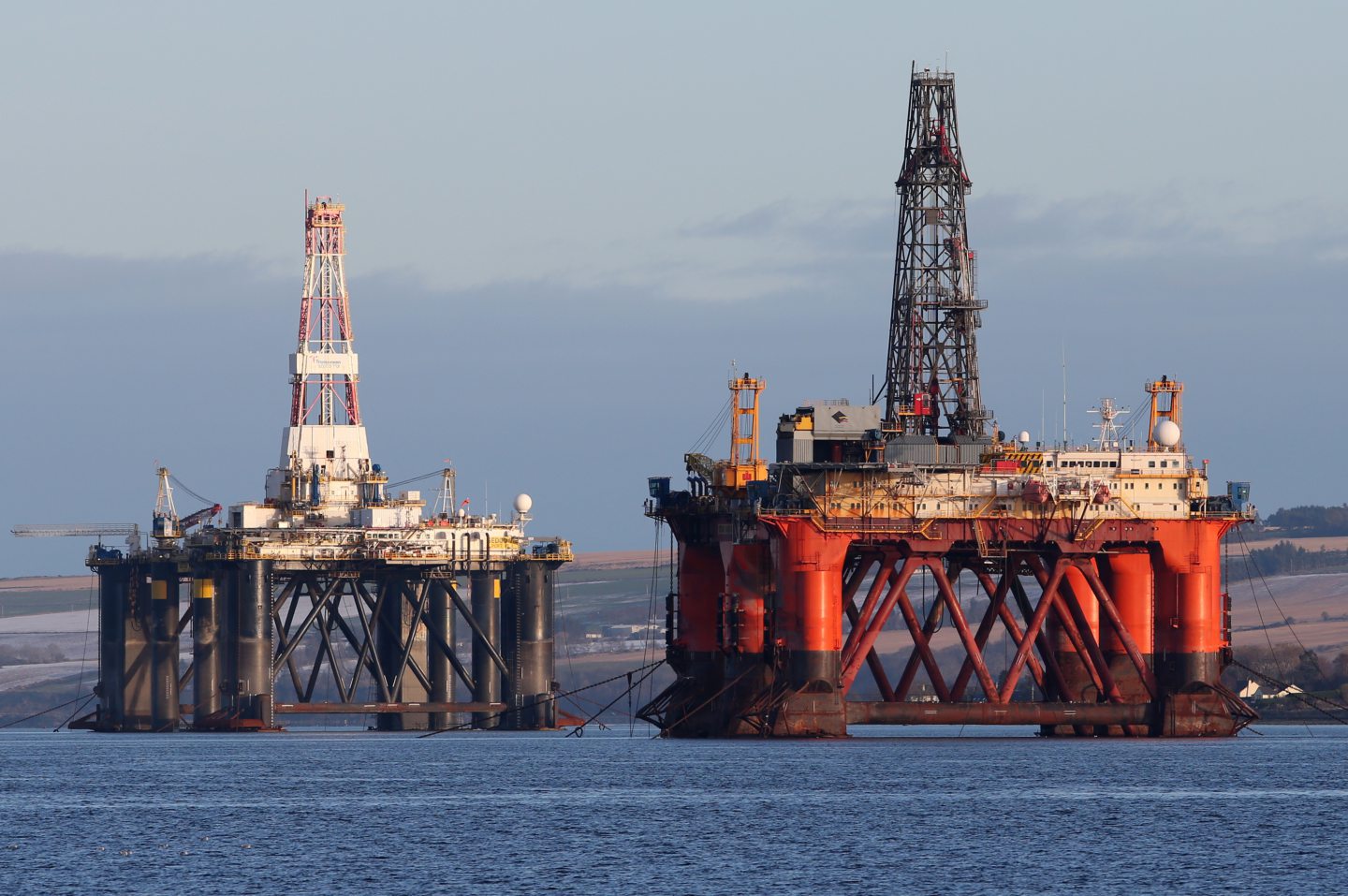 © Andrew Milligan/PA Wire
© Andrew Milligan/PA WireMiliband told the committee that the Department for Energy Security and Net Zero (DESNZ) will soon consult with the industry, trade unions and workers on licensing.
“Our manifesto was clear about this, which is, we will keep existing oil and gas fields open for their lifetime, decades to come, we will not issue new licenses to explore new fields,” Miliband said.
“And the truth is that new licenses to explore new fields are a relatively marginal part of the future prospects for the North Sea.
“But we are led by the science… we can both achieve the just transition that we seek and maintain confidence and indeed tax receipts in the north seat from the North Sea, and at the same time build the future.
“And that’s what we are determined to do.”
While it is unlikely the government will issue licences for new fields, allowing continued drilling around existing hubs could extend the life of some North Sea assets.
Offshore skills passport prototype
But Miliband said the government’s North Sea policies will focus on more than
” But it’s going to be more than that, it’s about, how do we build this future?” Miliband said.
Miliband pointed to the offshore skills passport, which he said has been “stuck for years in treacle”.
“Hopefully later this month we’ll be moving forward with a prototype of what the skills passport looks like,” he said.
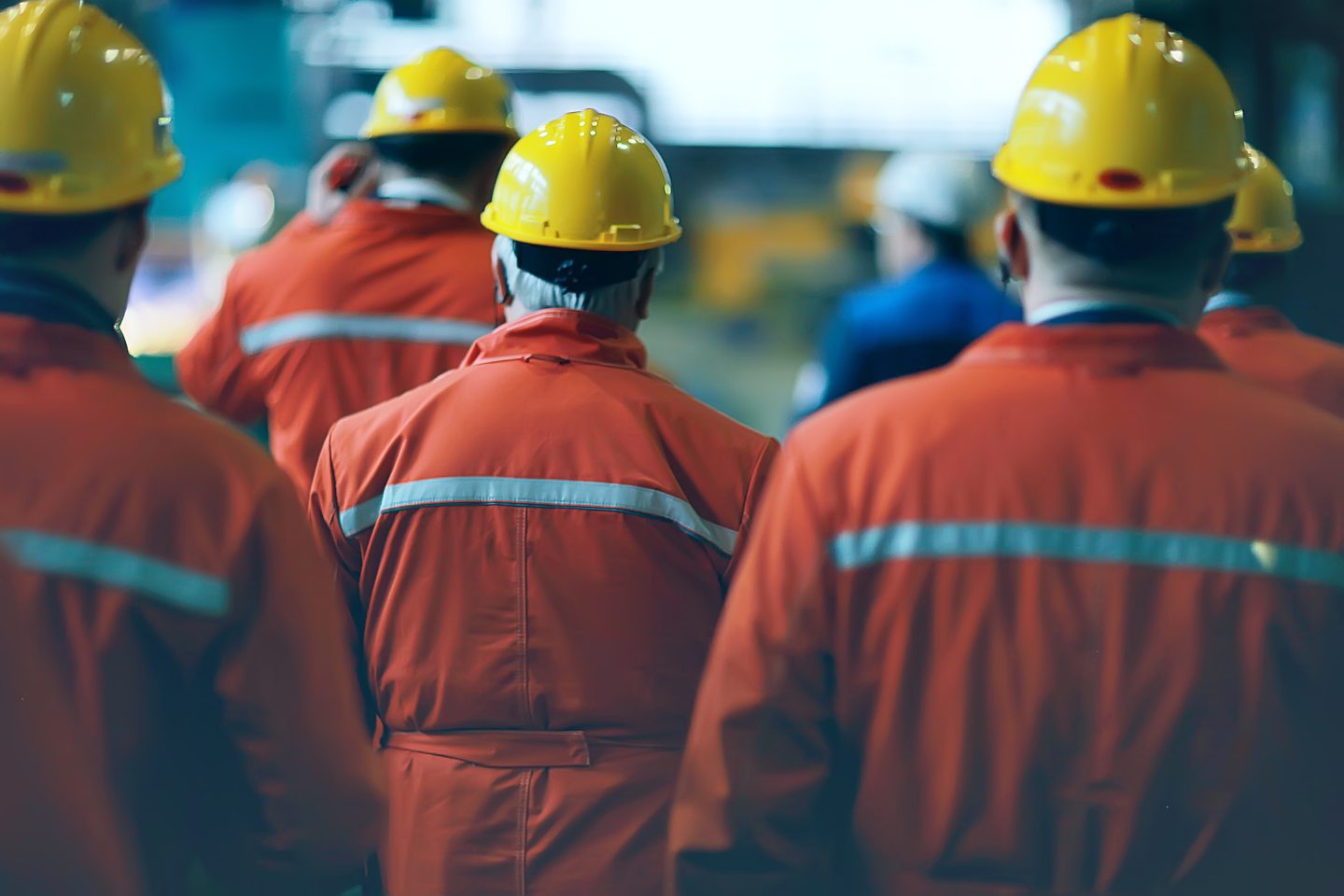 © Shutterstock
© Shutterstock“There is massive scope for us to have positive job prospects, an increase in jobs for our offshore communities.”
“But it requires the right institutions to make it happen.”
Miliband said the government has found some common ground with the offshore sector and business groups like Aberdeen Grampian Chamber of Commerce on the energy transition.
“There is important common ground that the that we must build the future for the North Sea, and the future is going to be in carbon capture and storage, offshore wind, hydrogen, the industries of the future,” he said.
“The truth is that the North Sea workforce has gone down by a third over the last decade, and the reality is that unless we build those future industries… including carbon capture and storage, we’re not going to have the right future for those communities.
“These are the communities that will decarbonise our country in the future. These are the workers who will decarbonise Britain, and I absolutely 100% believe that.”
Brits don’t want ‘climate wars’, Miliband says
During the committee hearing, Miliband was also asked about US president-elect Donald Trump urging the UK to “open up the North Sea” and “get rid of windmills”.
“I think it’s really important for our country, whoever the President is, to work with them and find common ground, and no doubt there will be areas of disagreement with incoming President Trump,” Miliband said.
“He will pursue his national interest, we will pursue our national interest.”
Miliband said the British public doesn’t want to see a “culture war” around climate policy.
“It is right to say that there are people who oppose our mission – siren voices who would defend the status quo despite the disastrous effect it’s had on the British public, who say we’d be better off gambling on fossil fuel markets,” Miliband said.
“I have to say I believe that would be a betrayal of working people and leave our country exposed.”
Miliband said he believes Labour can maintain public support for net zero policies amid concerns from communities set to host new infrastructure.
“The case we’re making to people are threefold. Firstly, if we do not build this infrastructure, we are deeply vulnerable as a country to a repeat of the cost-of-living crisis we have seen… and which still stalks peoples’ lives today,” he said.
“Secondly, the biggest threat to the countryside is the climate crisis. It is not some pylons. It is not solar farms.
“Thirdly, we do need a bargain with people where [they] will see benefit to their communities.
“Of course people worry about these things and of course people need to have a say, but I think we can bring people with us.”






